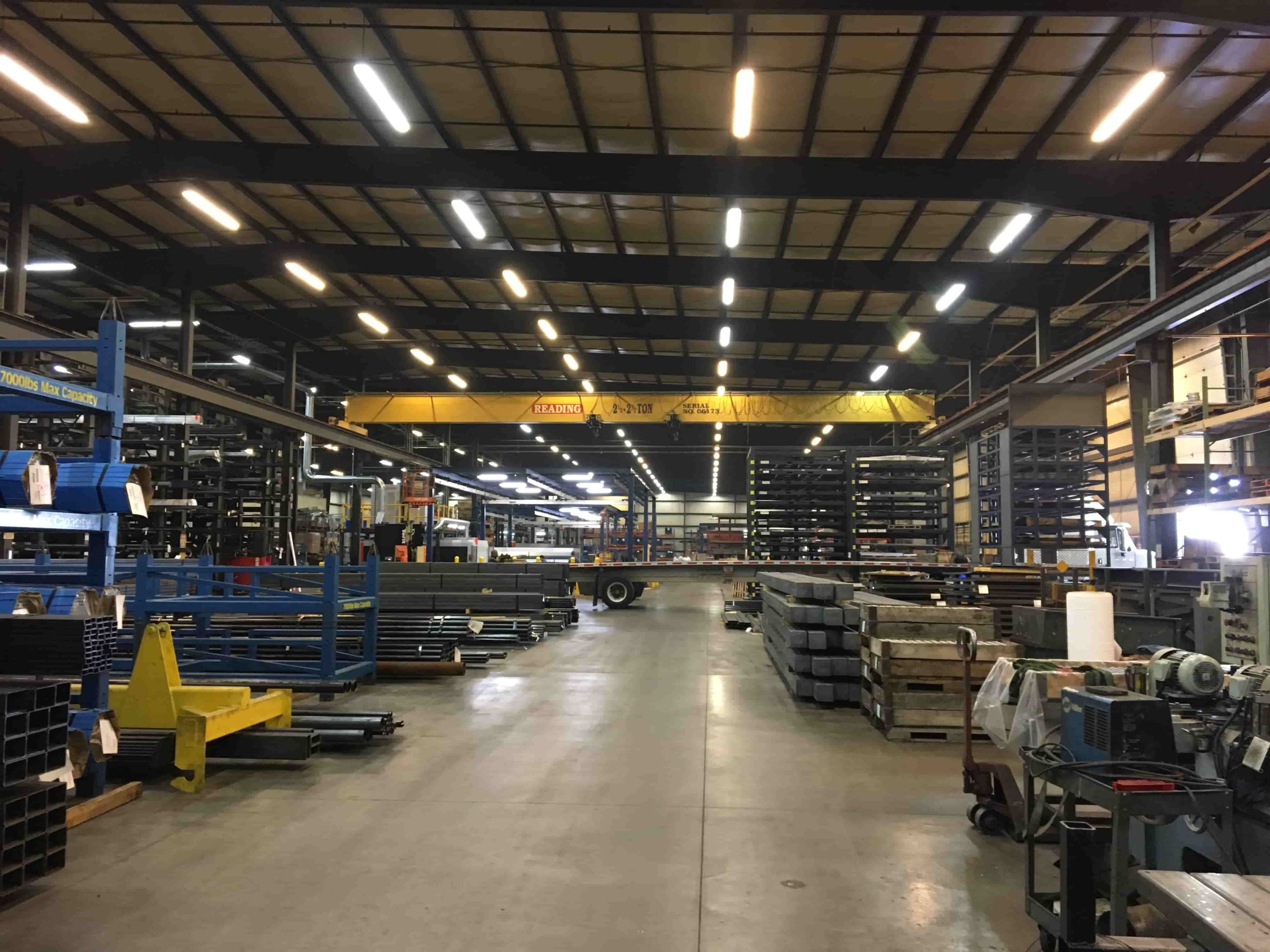
In this post, we will explore the numerous benefits of contract manufacturing to help you determine whether outsourcing makes sense for your business.
Some advantages of contract manufacturing include:
One of the most important benefits of outsourcing manufacturing to third parties is that it can significantly lower your operating expenses. Many companies that deliver contract manufacturing services can purchase materials in bulk quantities, enabling them to perform the work at a lower price. You can then pass these cost savings on to your customers, helping you gain a competitive edge in the marketplace.
With the way that manufacturing technologies continue to evolve, some companies, especially smaller shops, may not be able to keep pace. Outsourcing to a contract manufacturer enables you to leverage the latest technologies for your business. You’ll be able to provide better service to your customers without incurring the hassle of making expensive technology upgrades.
A sudden spike in business is usually a good thing — unless you don’t have the production capacity to meet the increased demand. Outsourcing some aspects of your operation to a third party on either a temporary or permanent basis can prevent you from falling behind and causing your customers to look elsewhere for similar products.
Perhaps your company has certain legacy products that a third party could replicate easily. Outsourcing the manufacturing of these items can allow you and your team to focus on bringing new products to market that meet your customers’ current needs. You’ll also be able to oversee every aspect of the manufacturing process for these items to ensure they meet your quality control standards.